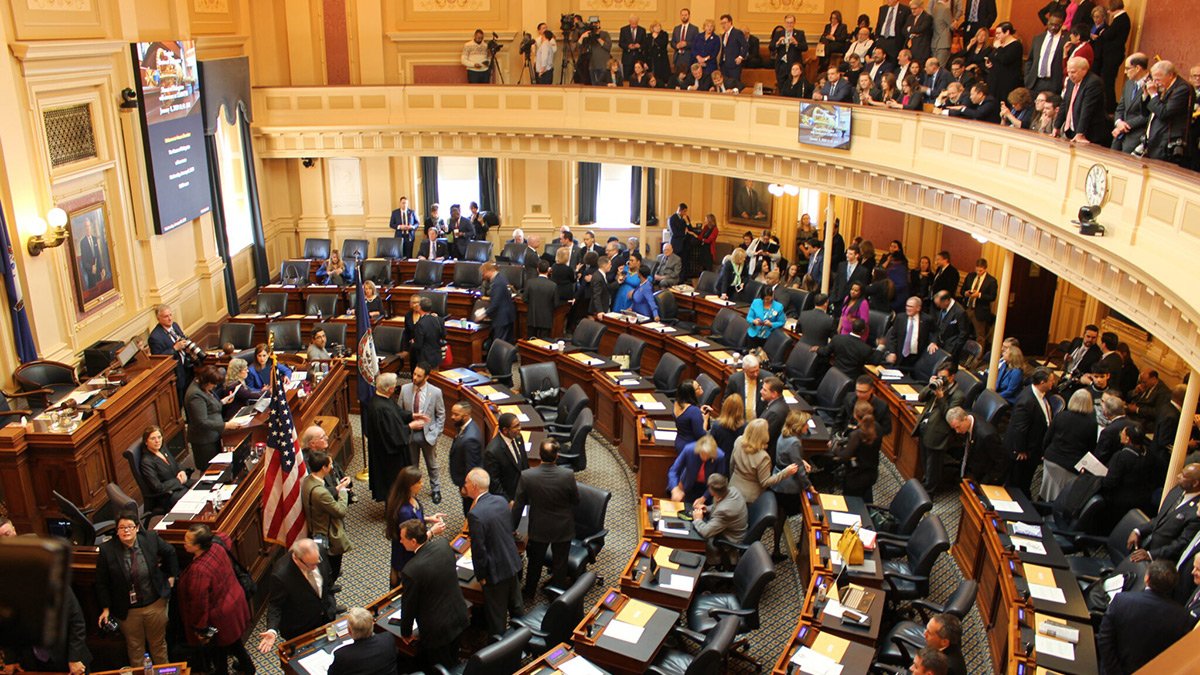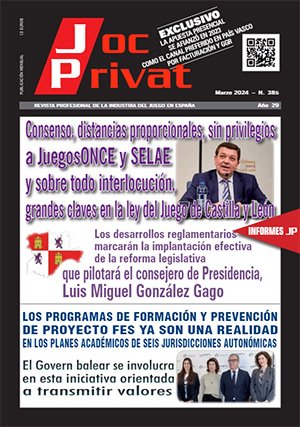New Jersey: State seeking stay of court decision striking down amendments to casino tax breaks

The State of New Jersey has filed a motion seeking a stay of a judge’s decision on August 29 that struck down amendments to the casino payment-in-lieu-of-taxes (PILOT) legislation, pending appeal.
According to court documents retrieved by The Press of Atlantic City, the appeal has not yet been filed. However, a date has already been scheduled to hear oral arguments regarding the request for a stay, with Atlantic County Superior Court Judge Michael Blee set to do so on October 7.
Previously, Blee had ruled that the amendments to the PILOT law –which was greenlighted by the legislature in late 2021 and signed by Gov. Phil Murphy four days before Christmas– were passed on dubious grounds, and that they violated the state Constitution by favoring an industry over a public purpose.

The amendments to the original 2016 PILOT law were set to grant casinos in Atlantic City tens of millions of dollars in tax breaks. This would be done by removing internet and online sports gaming –two of the fastest growing verticals in the state’s gambling industry– from calculations of casinos’ gross gaming revenue.
In a brief seeking the stay, filed by acting state Attorney General Matt Platkin this month, the state argued Atlantic City and New Jersey finances will be thrown into disorder. Additionally, the motion argues the benefits of the amendments will be lost should Blee’s order not be put on hold until an appeal of his decision can be heard.
According to the state, it would suffer irreparable harm without a stay and denied that the amendments violated the state Constitution. The brief argues that these serve a public purpose: further stabilizing the Atlantic City casino industry.
Nonprofit Liberty and Prosperity, which had brought the lawsuit against the PILOT program forward, responded in a brief to the state’s motion for a stay. President Seth Grossman said the state has produced “no credible fact or expert opinion evidence” that laws reducing taxes for a specific industry, such as casino properties, and raising taxes on other properties, increase the overall economic health of Atlantic City and Atlantic County, reports The Press of Atlantic City.
Grossman further argued that the state produced no evidence that the Atlantic City casino industry suffered more during the Covid-19 pandemic than other industries, and noted that the state Constitution specifically prohibits the Legislature from taxing one group of real estate differently than others in the same jurisdiction.

Christopher Glaum, Chief of Investigations for the Division of Gaming Enforcement, certified for the state that if the court’s invalidation of the amendment goes into effect, then the former statute will be in effect, leading reinvestment into the casino hotel properties to potentially decline as it did during the 2009-2017 period. This, Glaum noted, would have “substantial economic and societal impacts” not just to Atlantic City, “but the State as a whole.”
The Chief of Investigations also said that casinos Resorts, Golden Nugget and Bally’s would face much higher payments under the original PILOT, potentially threatening their survival, adds The Press. He also discussed a potential increase in competition Atlantic City is set to face from new downstate New York casinos, which the cited source points out was not part of the discussion in the Legislature on the need for the amendments.
The amendments to the PILOT law were fast-tracked through the Legislature last year, which would have reduced the gaming companies’ total liability by about $55 million. While the law proved controversial from the very start, then-state Senate President Steve Sweeney argued the state was “risking four casinos closing” if the amendments were not introduced.
The ruling on the Liberty and Prosperity lawsuit marked the second to come down against the PILOT law, as a judge had previously sided with Atlantic County in a separate suit alleging that the state had “violated the terms of a 2018 consent agreement” that guaranteed the county a certain percentage of the industry’s overall PILOT payment.


















































